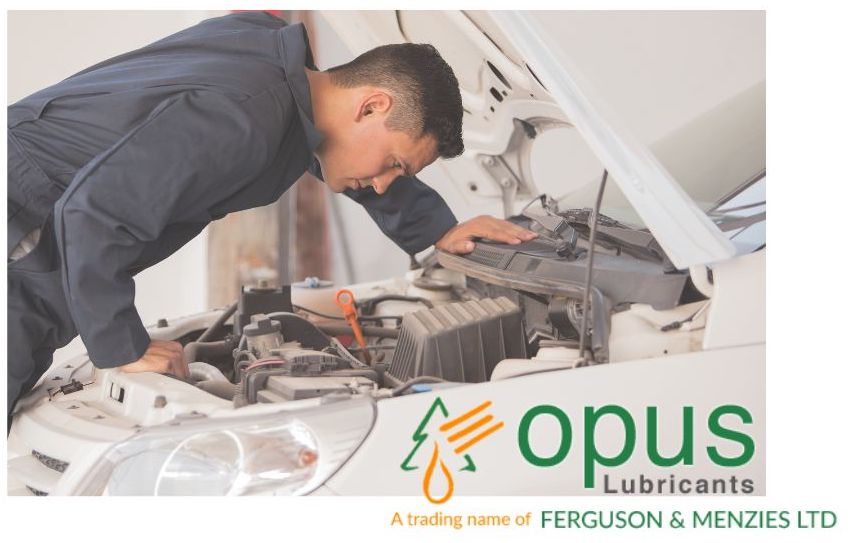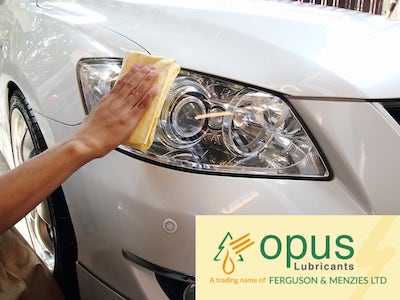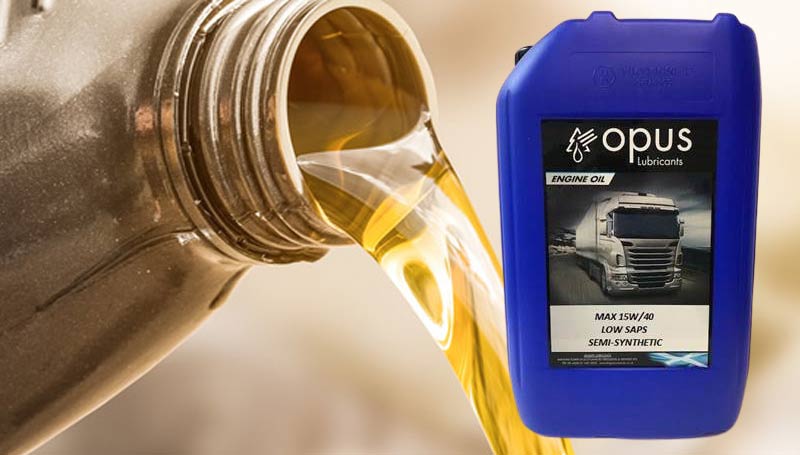Winter lubricants and coolant tips
As manufacturers of high quality Opus Lubricants we obviously know a thing or two about how and when they should be used, especially in extreme weather conditions.
Why choosing the right lubricant is important
Having the optimum lubricants and coolants for any vehicle is vitally important during the winter when extra strain is put on cars, vans, lorries, trucks, construction and agricultural machinery as they battle against low temperatures.
Low temperatures make oil thicker which in turn reduces its effectiveness. The thicker the oil the harder it is to move through the engine and this can cause damage to the engine as well as ignition issues.

Cold weather attributes of lubricants, especially petrol and diesel engine oils, vary from product to product to match different vehicle and engine types. Essentially, a good oil or coolant should cause minimal engine wear, help keep the engine clean, have excellent cold starting characteristics, and improve fuel efficiency and overall driving performance regardless of what time of year or under specific weather conditions it is used.
Winter lubricant tips
- Fully synthetic, multi-viscosity oils such as the Opus Lubricants Synopus Range provide better thermal stability and aid starting in cold conditions.
- Coolant levels should be checked regularly over the winter to make sure the engine is adequately protected. Coolant concentration should also be monitored for the same reason.
- Adding antifreeze to your engine is essential during the winter as it prevents water in the radiator from freezing, lubricates moving parts, stops gaskets and seals from hardening and prevents metal corrosion.
- If you’re in any doubt about the quality of antifreeze already in your engine i.e. it contains debris or looks off colour, get your radiator flushed and refill with fresh antifreeze.
Contact Ferguson Menzies for more information and advice on winter lubricants for your vehicle. Or you can use our Oil Selection Tool.















